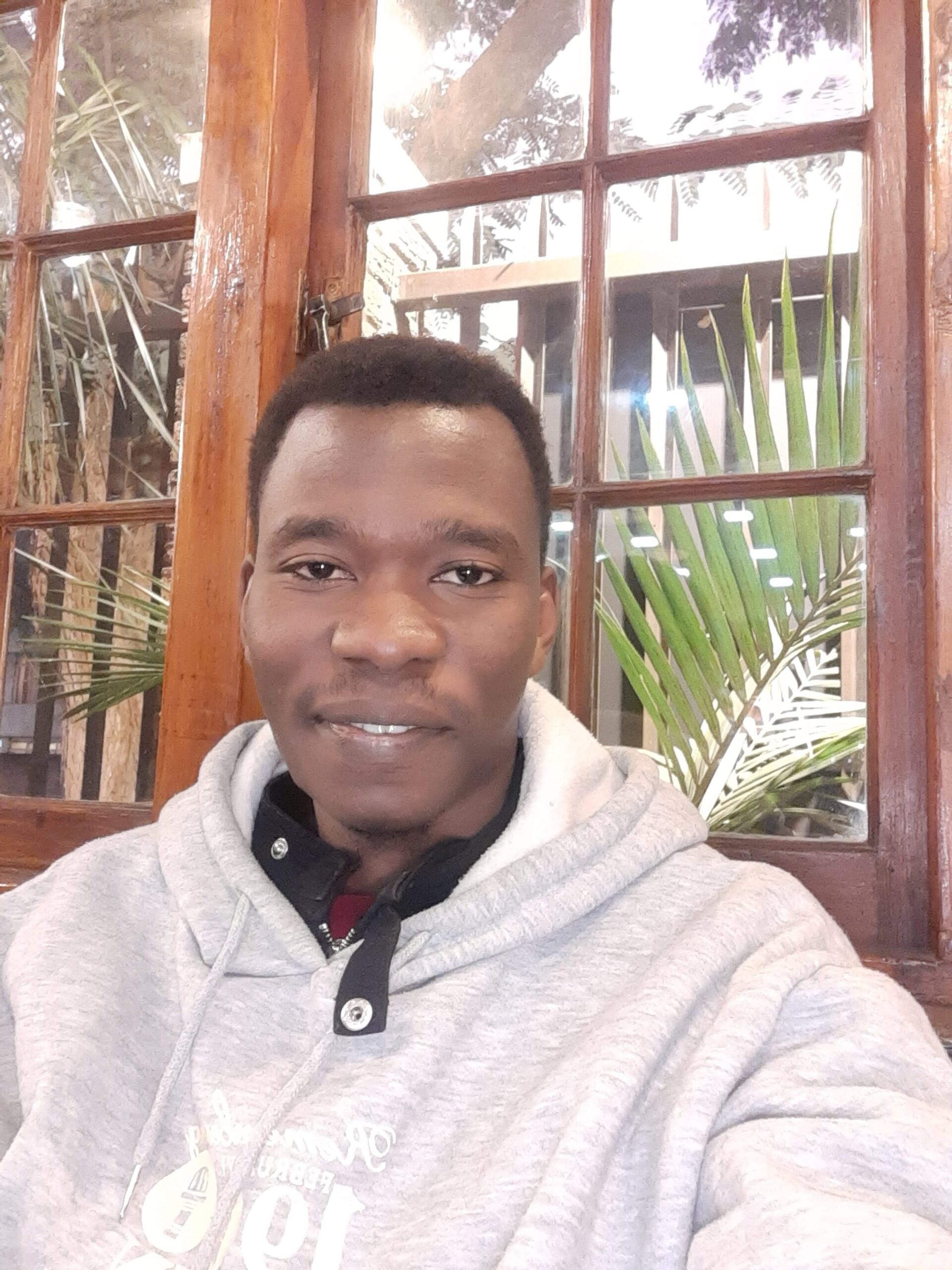Patrick is a climate data systems specialist dedicated to revolutionizing the way climate and hydrological data is collected, managed, and utilized across Africa.
With a strong foundation in Mathematics and Computer Science, he plays a key role in developing open-source platforms that make high-quality environmental data both accessible and actionable, particularly in data-scarce regions. His expertise covers backend architecture, real-time data ingestion, automated quality control, and database optimization for national meteorological and hydrological agencies.
Patrick is also a recognized expert by the World Meteorological Organization (WMO) and serves as a core contributor to the WMO Information Management Group, which shapes global policies for climate and hydrology data management.
What’s the most interesting project or problem you’re working on right now?
The most exciting project I’m working on is Climsoft Web, a modern, web-based platform for managing climate and hydrology data. It’s a complete rewrite of a legacy desktop system into a modular, open-source stack. I’m leading the development of tools that support offline-first data entry, automatic quality control, and high-frequency data from thousands of both manual and automated weather stations, pushing the boundaries of what’s possible with national data systems.
What’s a recent professional success you’re especially proud of?
I’m especially proud of designing and deploying a real-time ingestion and quality control framework that is capable of handling 5-minute interval data from hundreds of automatic weather stations. This system not only scales efficiently but also flags suspect values instantly, improving data integrity and speeding up decision-making for climate-sensitive sectors like agriculture and water resource management.
What social problem is nearest and dearest to you?
The social problem closest to my heart is the underutilization of climate data in agriculture and renewable energy planning. Many African countries have the data, but lack the tools and systems to make it usable. I believe that by unlocking this data through open, reliable, and smart platforms, we can drive food security, climate resilience, and green economic growth.
Why did/do you choose to work at IDEMS?
I chose IDEMS because of its commitment to equitable, open-source development and its strong focus on impact. Here, I get to combine technical depth with meaningful field engagement, co-designing systems with national services and empowering local institutions. IDEMS offers the rare chance to be both an engineer and a change-maker.
Where is home?
Home is Kenya, a country of extraordinary natural beauty and climate diversity. I’m constantly inspired by its potential for innovation, especially in how local knowledge can blend with modern technology. I also see firsthand the impacts of climate change here, which keeps my work deeply grounded and urgent.



Leave a Reply